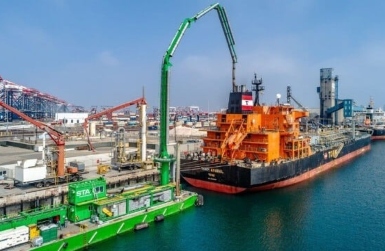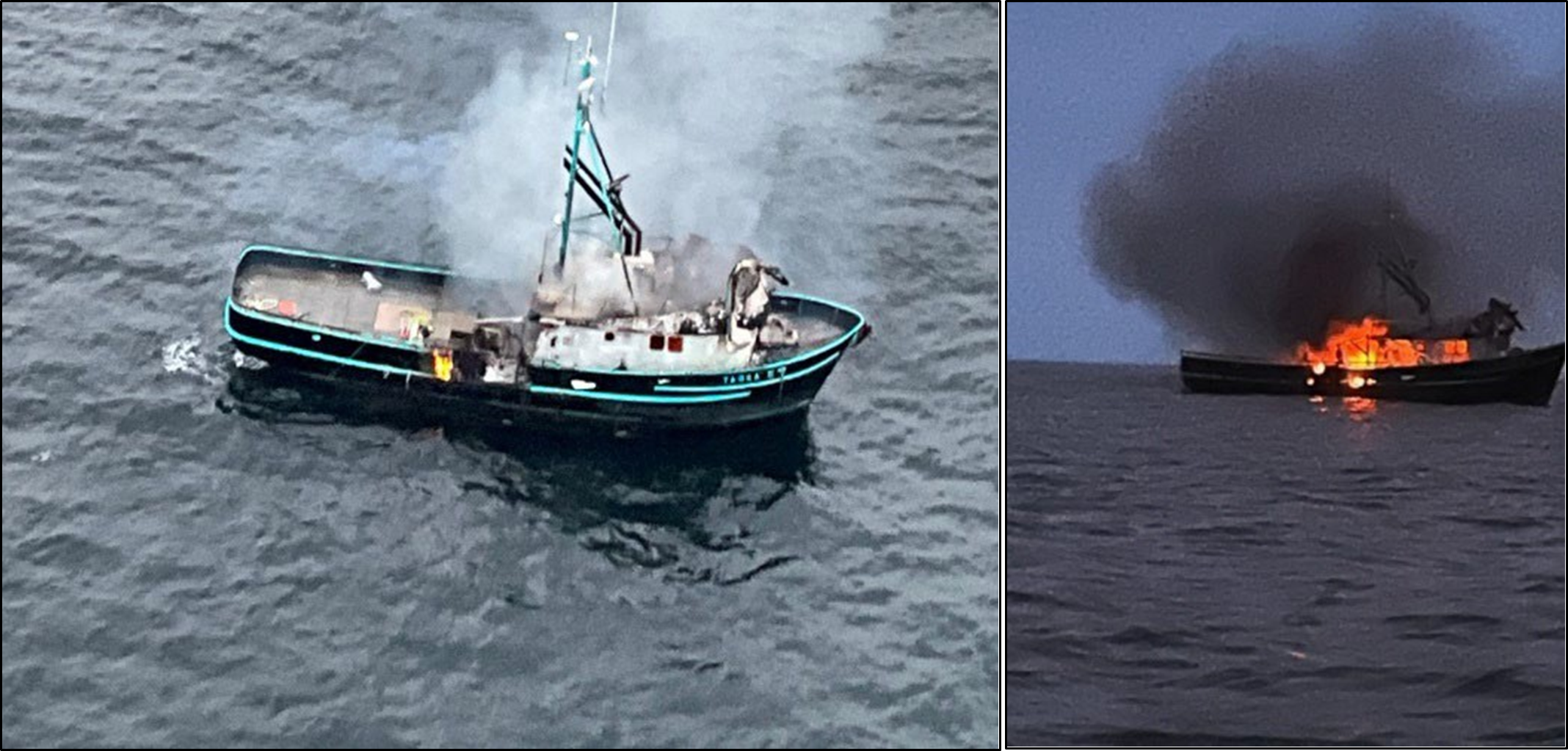
The California Air Resources Board (CARB) issued an executive order that authorizes the expanded use of the emissions’ capture and control barge service of STAX Engineering to tankers. The order is timely as CARB’s Ocean-Going Vessels at Berth regulation took effect for tankers at the Ports of Los Angeles and Long Beach as of January 1 and extends to all California ports as of 2027.
Crude oil, product, and gas tankers make up a significant part of California’s maritime trade, but due to safety concerns, they are unable to use shore power. California, however, is extending its requirements to tankers as well as containerships, car carriers, and other large vessels to reduce their emissions while at dock. It would require a costly retrofit to older ships to use shore power, or they had to find other means to meet the new emissions regulations.
“Tankers are the backbone of global energy infrastructure—with over 1.3 million barrels of crude oil alone arriving just in California ports daily—yet they’ve lacked a safe, practical solution for meeting rising emissions standards,” notes Mike Walker, CEO of STAX Engineering. “Our technology fills that gap. It helps operators comply with regulations while improving air quality for surrounding communities.”
STAX uses a mobile, barge-based emissions capture and control system. It connects directly to the vessel’s smoke stack or exhaust system without any modification and with no requirements for power. The system captures exhaust from auxiliary engines and removes up to 99 percent of particulate matter and 95 percent of nitrogen oxides (NOx) emissions.
The company has already been making its services available at California’s five main ports, and since early 2024, reports it has treated 1,192 vessels for a cumulative 25,000 hours. It reports this has captured 190 tons of pollutants, with nearly 1,000 hours already dedicated to tankers.
Under the inaugural executive order, STAX received approval for four barges. The company points out that it already has contracts with the tanker berth F209 at Olympus Terminal in Los Beach, as well as Shell’s Mormon Island Terminal in the Port of Los Angeles, and will be working with MOL Chemical among others.

